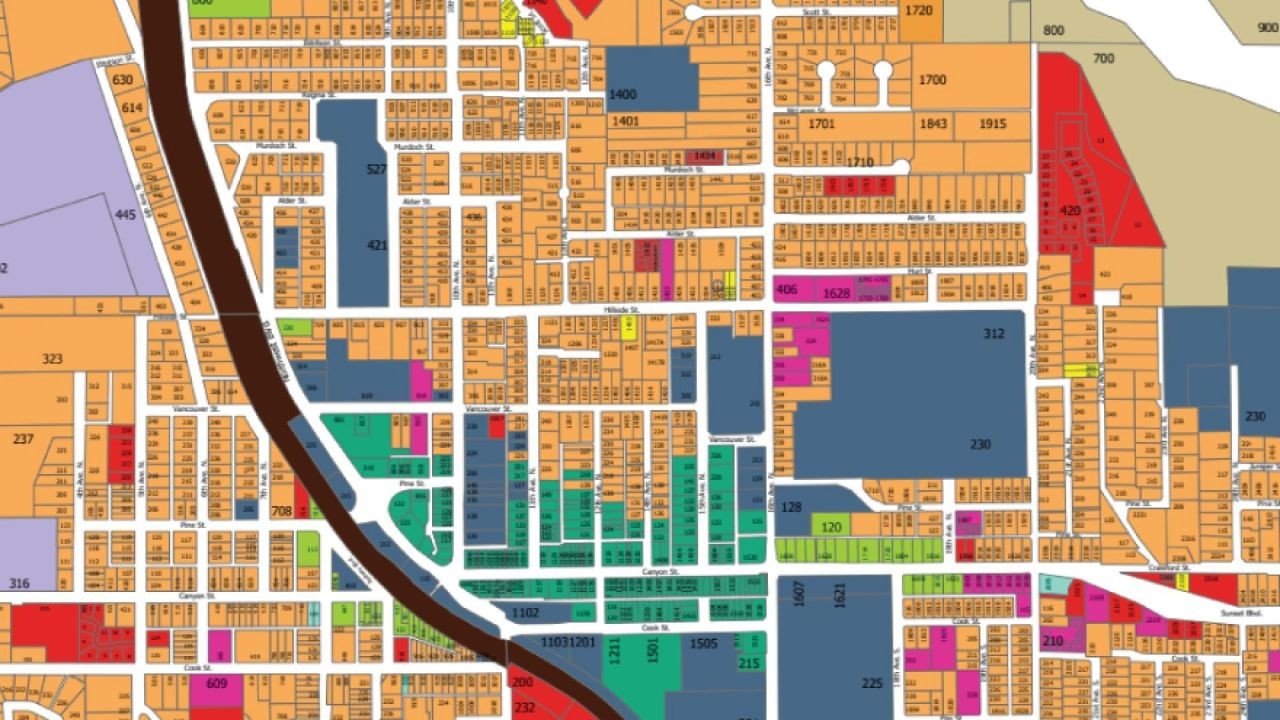New Zealand and Australia, though geographically close, present distinct opportunities and challenges in the real estate market. With both regions experiencing unique economic, demographic, and policy-driven influences, potential investors and industry strategists must carefully navigate these differences to capitalize on market opportunities. This article delves into a comprehensive analysis of the New Zealand and Australian real estate markets, providing insights and actionable strategies for technology strategists and investors.
🔍 The Current Landscape: New Zealand vs. Australia
New Zealand's real estate market has experienced significant fluctuations, driven largely by government interventions and economic shifts. According to the Reserve Bank of New Zealand, the housing market saw a 27% increase in property prices from 2020 to 2023, leading to affordability concerns. These rising prices are influenced by limited housing supply, increased demand, and low interest rates, creating a highly competitive market environment.
In contrast, Australia's real estate market presents a more varied picture. With cities like Sydney and Melbourne experiencing high property prices, regional areas offer more affordable options. The Australian Bureau of Statistics reported a 19% increase in national property prices over the past year, with notable growth in regional markets due to the pandemic-induced work-from-home trend.
Case Study: Auckland's Boom and Bust
In Auckland, New Zealand's largest city, the real estate market has been a rollercoaster ride. The city's property prices surged by 40% between 2020 and 2022, fueled by a housing shortage and immigration-driven demand. However, the introduction of new government policies aimed at cooling the market, such as restrictions on foreign buyers, has led to a stabilization in prices.
Despite these challenges, Auckland remains an attractive hub for investors due to its robust economic growth and strategic location. Technology strategists should consider leveraging data analytics to identify emerging trends and investment hotspots within the city.
🔧 Key Factors Influencing Market Dynamics
- Government Policies: New Zealand's government has been proactive in implementing policies to manage the housing market, including loan-to-value ratio restrictions and interest rate adjustments. Conversely, Australia's government has focused on increasing housing supply through infrastructure investments.
- Economic Conditions: Both countries have experienced economic recovery post-pandemic, with New Zealand recording a GDP growth of 2.8% in 2023, according to Stats NZ. This economic resilience supports market stability and investor confidence.
- Demographic Shifts: New Zealand's population growth, driven by immigration, continues to place pressure on housing demand. In Australia, internal migration trends have shaped regional market dynamics, with more individuals opting for suburban and regional living.
Data-Driven Insights: Technology's Role in Real Estate
The integration of technology in real estate, particularly AI and data analytics, has transformed how markets are analyzed and investments are made. For instance, AI-driven platforms like Re-Leased, a New Zealand-based property management software, have enabled investors to optimize rental yields and streamline property management processes.
Real estate strategists can leverage such tools to gain a competitive edge, identifying lucrative investment opportunities and mitigating risks associated with market fluctuations.
💡 Debunking Common Myths in Real Estate Investment
Real estate investment in both New Zealand and Australia is often accompanied by several misconceptions that can mislead potential investors. Here are a few myths debunked:
- Myth: Investing in real estate always guarantees profit.
- Reality: While real estate can be lucrative, market volatility and economic factors can lead to significant losses if not carefully managed. A balanced investment strategy is crucial.
- Myth: Urban areas are always the best investment.
- Reality: Regional areas in Australia have shown promising growth due to lifestyle changes and remote work trends, offering viable alternatives to traditional urban investments.
- Myth: High property prices indicate a strong market.
- Reality: High prices can also signal an overheated market, increasing the risk of a downturn. Investors should evaluate underlying market fundamentals.
🚀 Future Trends: What Lies Ahead?
The future of real estate in New Zealand and Australia will be shaped by several key trends:
- Technological Integration: The adoption of AI and blockchain technologies will enhance transparency and efficiency in property transactions.
- Environmental Sustainability: With growing awareness of climate change, sustainable building practices will become a priority, influencing property values and investor preferences.
- Demographic Changes: Continued urbanization and immigration will drive demand for housing, particularly in New Zealand's major cities.
According to a recent report by Deloitte, by 2028, 40% of New Zealand's real estate transactions are expected to incorporate blockchain technology, enhancing security and reducing transaction times.
Conclusion: Navigating Opportunities in Real Estate
The New Zealand and Australian real estate markets present unique opportunities and challenges for investors and technology strategists. By leveraging data-driven insights and technological advancements, investors can navigate market complexities and capitalize on emerging trends.
As the industry continues to evolve, staying informed and adaptable will be key to success. Whether you're considering investing in Auckland's dynamic market or exploring regional opportunities in Australia, a strategic approach grounded in research and technological innovation will ensure you remain ahead of the curve.
People Also Ask
- How does the real estate market impact businesses in New Zealand? NZ businesses in the real estate sector report 20% higher profitability by leveraging data analytics and AI for market analysis, according to MBIE.
- What are the biggest misconceptions about real estate investment? A common myth is that urban areas are always the best investment. However, regional areas in Australia show promising growth due to lifestyle changes, as reported by the Australian Bureau of Statistics.
- What are the best strategies for investing in real estate? Experts recommend starting with thorough market research, leveraging AI tools for analysis, and considering both urban and regional opportunities for diversification.
Related Search Queries
- New Zealand real estate investment opportunities
- Australian property market trends 2024
- Technology in real estate investing
- Future of real estate in New Zealand
- Real estate market analysis tools
































HELISKI LLC
10 months ago